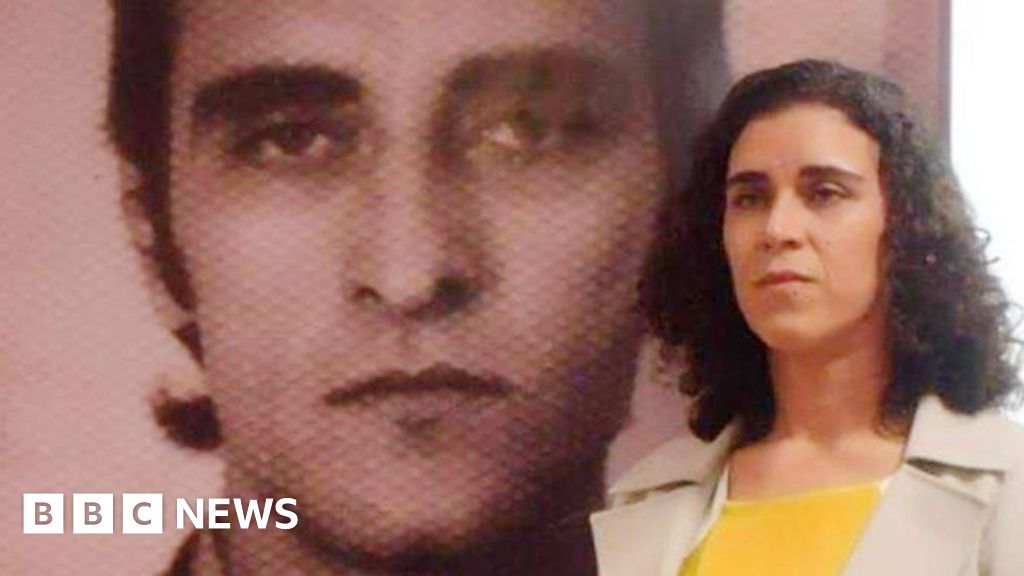Tessa Moura Lacerda is a philosophy professor at the University of São Paulo.
“Do you believe it, Mom?” Tessa Moura Lacerda asked in disbelief as they stood outside a government office on a rainy August morning in 2019. They held a document they had fought for years to obtain – her father’s death certificate, now accurately stating his cause of death. It read: “unnatural, violent death caused by the State to a missing person […] in the dictatorial regime established in 1964.”
Tessa’s father, Gildo Macedo Lacerda, died under torture in 1973 at the age of 24, during the most brutal years of Brazil’s military dictatorship. Over two decades, at least 434 people were killed or disappeared, with thousands more detained and tortured, as found by a national truth commission.
Gildo and Mariluce, Tessa’s mother who was pregnant with her at the time, were arrested in Salvador, Bahia on October 22, 1973. They were part of a left-wing group that demanded democracy and opposed military rule. Mariluce was released after being questioned and tortured, but Gildo disappeared and is believed to have died six days after their arrest.
Former detainees confirmed seeing Gildo at the prison, being taken into an interrogation room where screams could be heard. The government, however, planted false narratives in newspapers, reporting that he had been shot following a disagreement.
Gildo’s original death certificate left his cause of death blank, but after years of legal battles, Tessa and her family finally obtained a corrected certificate. This correction was not only for the memory of her father but also in honor of all victims of the dictatorship.
In recent weeks, a new film by director Walter Salles has sparked national conversation about the violent history of the dictatorship. “I’m Still Here” tells the story of families seeking justice for their loved ones who were tortured and killed during those dark years.
Despite the progress of correcting death certificates, Tessa and others believe that the fight for justice is far from over. The trauma of that era remains a collective one, passed down through generations, and the acknowledgment of the state’s role in these atrocities is just the first step towards healing and remembrance.

